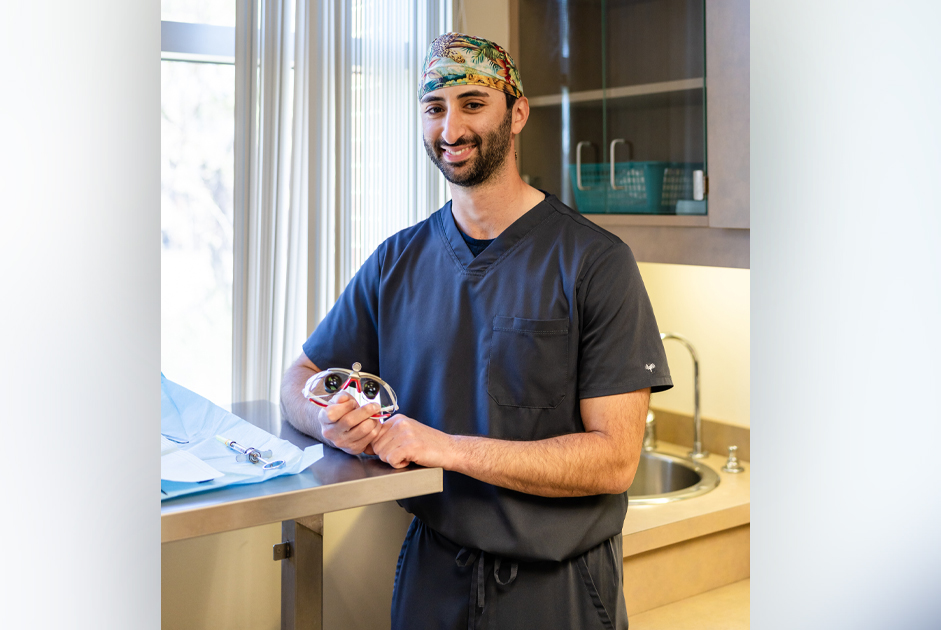Ah, that rich green, mildly flavored herbal seasoning that we see sprinkled on vegetables, roasted meats, and pastas. Although ubiquitous in many cuisines, parsley is possibly overlooked and, therefore, may not be widely known for its powerful health benefits. Over the years, parsley has been used to treat conditions such as high blood pressure, allergies, and inflammatory diseases. Here are some enlightening advantages of adding this leafy seasoning into our regular diets.
PROTECTS OUR EYES
Parsley is high in carotenoids that keep our eyes healthy and our vision sharp. Beta carotene is one of these carotenoids that can be converted into vitamin A in our bodies, another vitamin that is essential to eye health. The other carotenoids that prevent eye degeneration are called lutein and zeaxanthin. These agents help to prevent blindness from people across cultures.
HEART HEALTH
As a nutrient-dense herb, parsley is high in vitamin B folate, which supports a healthy heart. It helps to have a relatively high intake of parsley, or any food that is rich in vitamin B folate, to decrease our risk of future heart disease.
ANTIBACTERIAL PROPERTIES
When used as an extract, parsley is instrumental in fighting bacteria. Studies have shown that parsley keeps bacteria from forming and prevents molds in foods. Parsley is also capable of preventing the growth of salmonella, which is a catalyst for food poisoning.
MAY LOWER CANCER RISK
One of the many causes of cancer is prolonged oxidative stress—when there is an imbalance of antioxidants and free radicals in our bodies. With parsley being so high in vitamin C and flavonoid antioxidants, it helps to reduce oxidative stress and, therefore, reduces the risk of our bodies developing cancer. High dietary intakes of parsley can help reduce colon cancer risk.
HEALTHIER BONES
Does anyone here need to work on their bone health? Parsley can help in that as well! Vitamin K is a building block for our bones. It supports bone-building cells and activates certain proteins that increase bone density, making them less vulnerable to fracture and osteoporosis. Parsley is quite high in vitamin K and will definitely benefit your bone health with regular intake.
ADDING PARSLEY TO OUR FOOD
Parsley can be used as a raw plant for smoothies, salads, and garnishing, and as a dried spice for an herbal seasoning on just about any food. Although it’s heavy in Mediterranean cuisine, parsley can be used on American foods such as hamburgers, pasta, sandwiches, grits, eggs, and potatoes (whether mashed, baked, or boiled). Not only is it amazingly healthy, but adds just enough greenery to any basic dish!
Parsley is not just a decorative herbal seasoning, but sprinkling it into our regular diets will sprinkle more health into our lives!



















